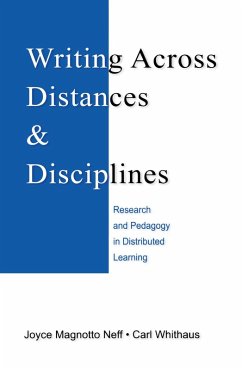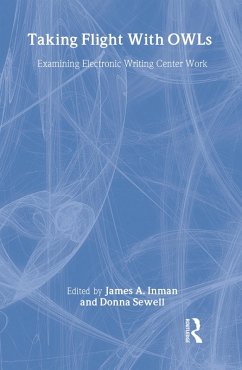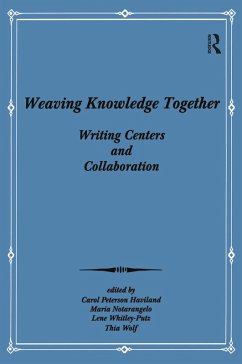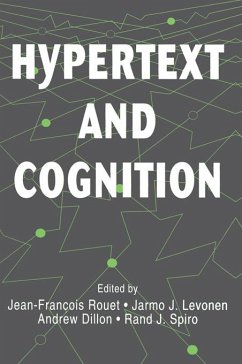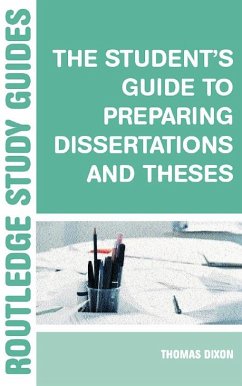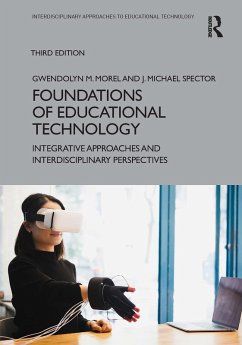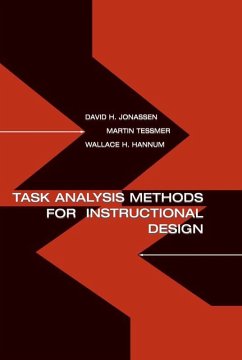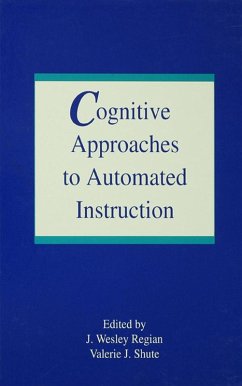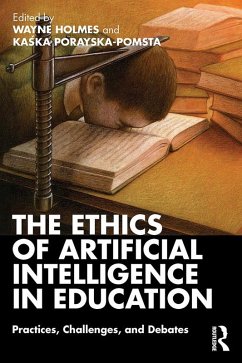
Writing Center Research (eBook, ePUB)
Extending the Conversation
Redaktion: Gillespie, Paula; Stay, Byron; Brown, Lady Falls; Gillam, Alice
Versandkostenfrei!
Sofort per Download lieferbar
49,95 €
inkl. MwSt.
Weitere Ausgaben:

PAYBACK Punkte
25 °P sammeln!
There are writing centers at almost every college and university in the United States, and there is an emerging body of professional discourse, research, and writing about them. The goal of this book is to open, formalize, and further the dialogue about research in and about writing centers. The original essays in this volume, all written by writing center researchers, directly address current concerns in several ways: they encourage studies, data collection, and publication by offering detailed, reflective accounts of research; they encourage a diversity of approaches by demonstrating a range...
There are writing centers at almost every college and university in the United States, and there is an emerging body of professional discourse, research, and writing about them. The goal of this book is to open, formalize, and further the dialogue about research in and about writing centers. The original essays in this volume, all written by writing center researchers, directly address current concerns in several ways: they encourage studies, data collection, and publication by offering detailed, reflective accounts of research; they encourage a diversity of approaches by demonstrating a range of methodologies (e.g., ethnography, longitudinal case study; rhetorical analysis, teacher research) available to both veteran and novice writing center professionals; they advance an ongoing conversation about writing center research by explicitly addressing epistemological and ethical issues. The book aims to encourage and guide other researchers, while at the same time offering new knowledge that has resulted from the studies it analyzes.
Dieser Download kann aus rechtlichen Gründen nur mit Rechnungsadresse in A, B, BG, CY, CZ, D, DK, EW, E, FIN, F, GR, HR, H, IRL, I, LT, L, LR, M, NL, PL, P, R, S, SLO, SK ausgeliefert werden.




